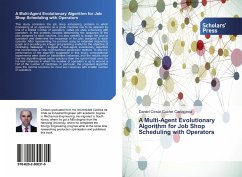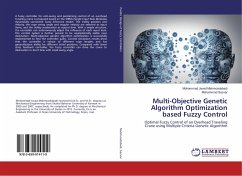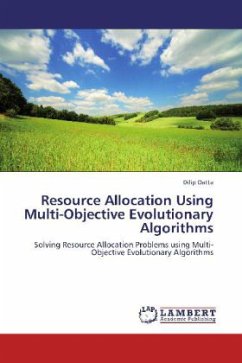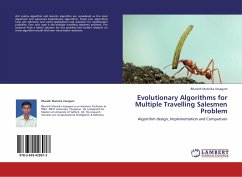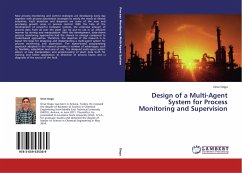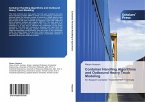This study considers the job shop scheduling problem in which processing of an operation on a given machine has to be assisted by one of a limited number of operators, called job shop scheduling with operators. In this problem, besides determining the sequence of the jobs assigned to each machine, it is also needed to assign the jobs to operators and determine the sequence of the jobs assigned to each operator. After representing the problem using an extended disjunctive graph and providing an integer programming model for the objective of minimizing makespan, I suggest a multi-agent evolutionary algorithm that incorporates a new neighborhood generation method. To test the performance of the algorithm suggested in this study, computational experiments were done on benchmark instances, and the results show that the algorithm gives better solutions than the current best ones for the test instances in which the number of operators is up to around a half of the number of machines. Inparticular, the proposed algorithm gave the optimal solutions for most test instances with smaller number of operators.
Bitte wählen Sie Ihr Anliegen aus.
Rechnungen
Retourenschein anfordern
Bestellstatus
Storno

